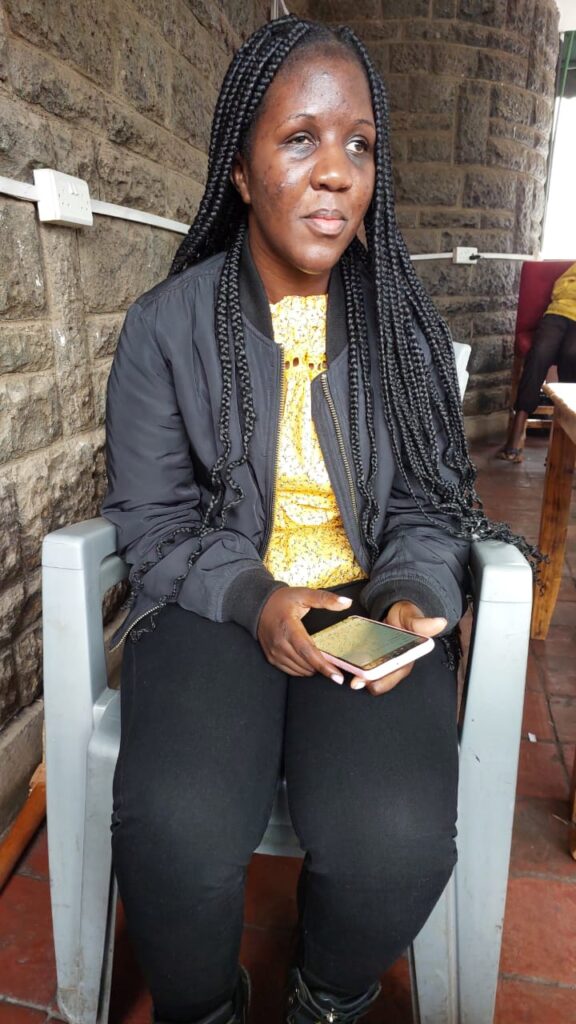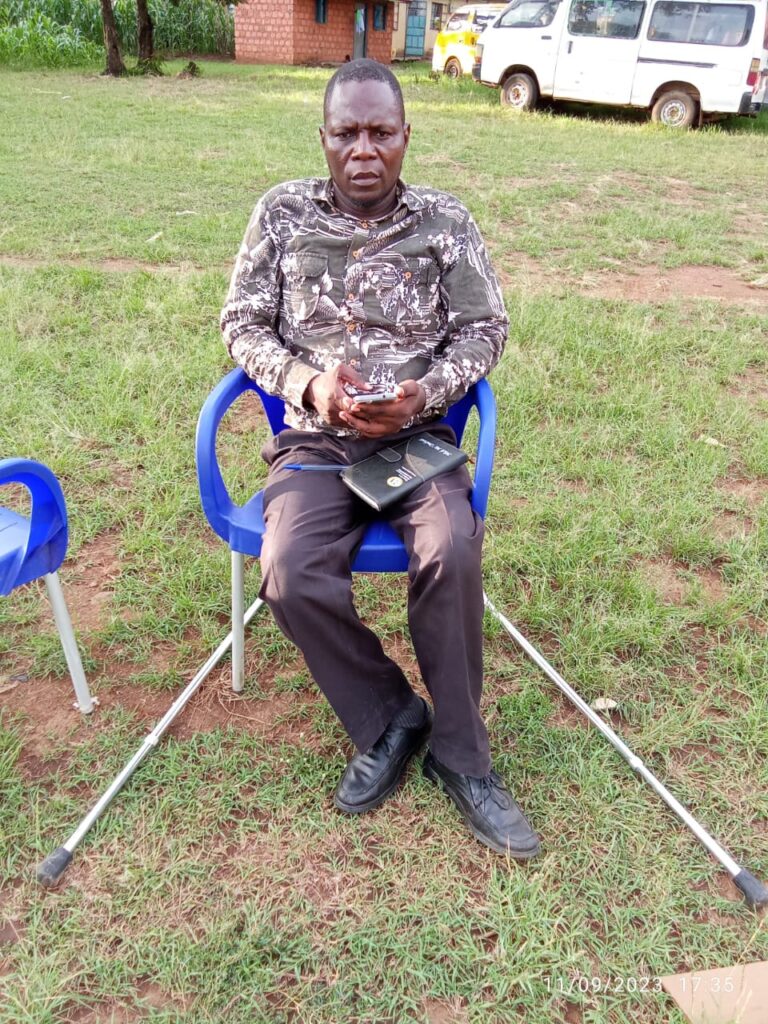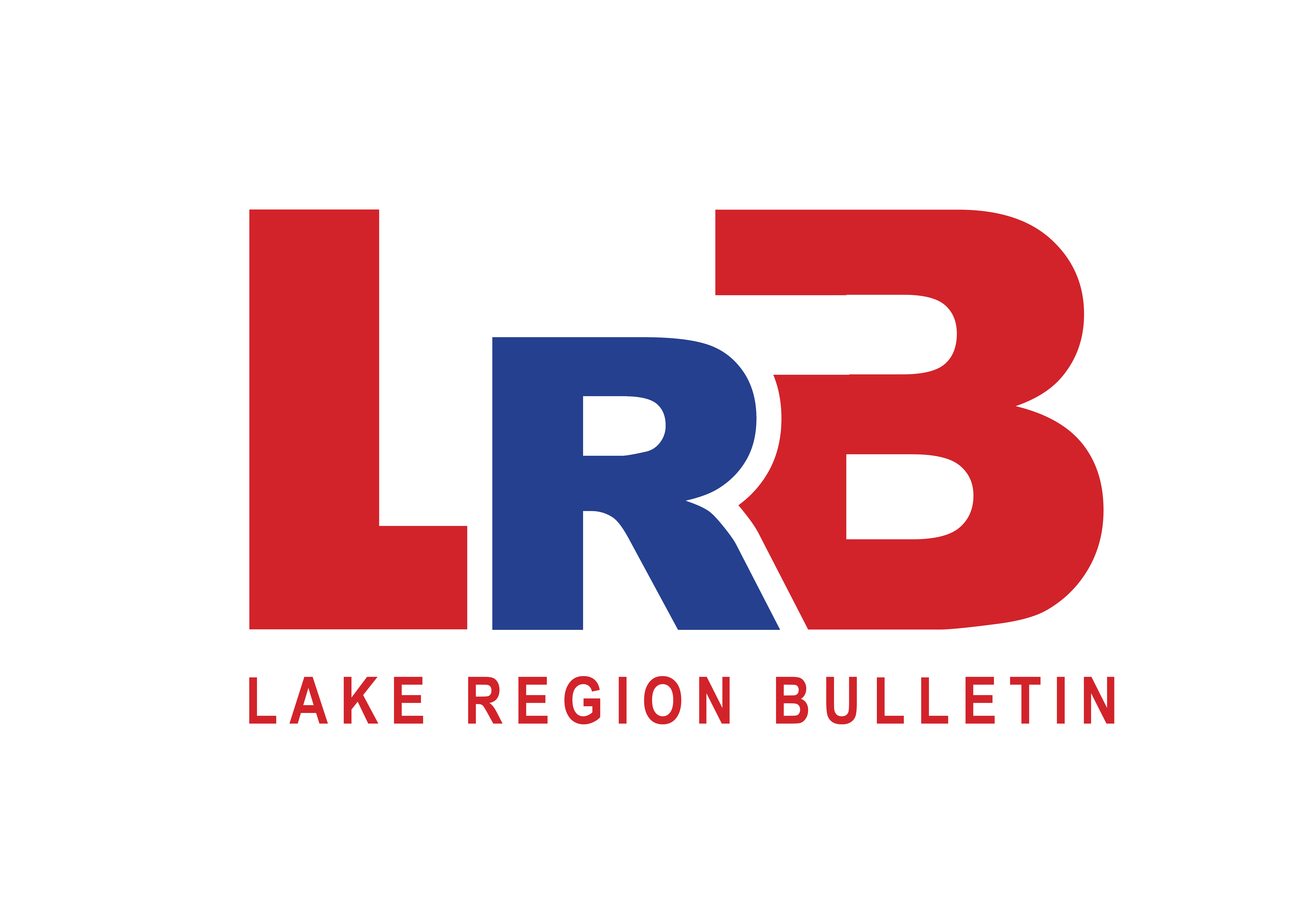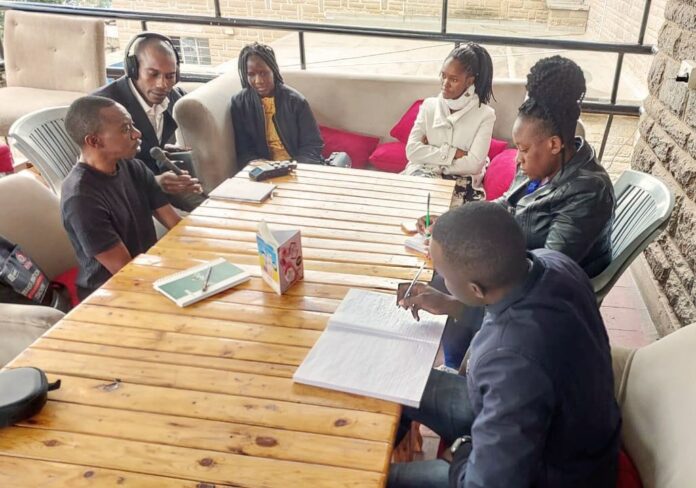He was born a bubbly baby boy, a second born in a family of three and his infancy stage was lively and promising.
But at the age of five, Denis Ngure lost his ability to walk.
It started as a simple pain in his back, but soon his entire body was aching.
Visits to hospitals revealed that he had Osteoarthritis, commonly known as ‘degenerative joint disease or “wear and tear” arthritis.
I had been very active and playful, and it did hurt me that I would no longer play as before. I felt that my life had turned upside down
Ngure
This form of arthritis occurs most frequently in the hands, hips, and knees.
“I had been very active and playful, and it did hurt me that I would no longer play as before. I felt that my life had turned upside down,” said 40-year old Ngure.
He had to change schools from a mainstream education system to a special school with pupils having physical disabilities.
“This was a totally different environment. I had no choice but to cope,” he added.
Today, Mr Ngure is an adult and an advocate on issues around disability.
The discriminatory traditional norms
Ngure went on with his high school at Joytown Secondary school and later proceeded to Kenyatta University where he studied a Bachelor of Education in Special Needs and music.
“When I was still using crutches, boarding public vehicles was a tall order. It would take so much time to get a matatu that would allow me in since most of them felt that it would take time for me to board and that I might also require a special seat in the vehicle. The thought of using public transport made me nauseous.” He affirms.
His search for employment was filled with bottlenecks. Being judged on sight by the interview panel killed his spirit.
“Most of them looked at how I walked, and their facial expressions would reveal my fears. I was always told to wait for calls that never came.” He laments.
His fears pushed him back to serving persons with disabilities in the society. Through this he was able to meet duty bearers who saw his efforts, which accorded him employment at the United Disabled Persons of Kenya (UPDK).
People made fun of my disability
Just like Ngure, 24-year-old Sandra Nyawira, a first born in a family of four, was also born with no signs of disability.
However, at the age of 10, she lost her eyesight after suffering from retinal detachment. This is a condition that occurs when retinal cells separate from the layer of blood vessels that provide oxygen and nourishment to the eye.
“I had mixed feelings and was very bitter. My family lineage had never had a person with such an impairment,” she said.
She added: “At first, my close family took it lightly, thinking I was just being cheeky to abscond school.”
She could no longer play with her peers.
Soon, some people began attributing her condition to witchcraft and ancestral curses.
My course mates were never at peace with my performance since I would beat them. It would turn to verbal attacks, especially with reference to my disability
Nyawira
When visits to hospitals proved to be in vain, she resorted to rehabilitation which assisted her in moving on with life, though it was not easy.
She is grateful that her parents supported her through her transition period.
Thika School for the blind was her next home for primary school. Despite being in an environment with others of the same disability, it took time for her to adopt.
“Being in a school for the blind brought about a little comfort since all of us had the same disability, though in different measures. However, I needed to be in a place where I could face my challenges head on in readiness for the outside world,” she said.
Her resilience pushed her to join Moi Girls’ Nairobi for her secondary school where she scored a B (plain) of 64 points and later joined Kenyatta University for her degree in gender and development studies.
According to Nyawira, people with disabilities are directly and indirectly discriminated against.
In 2016 when KCSE results were announced, Nyawira’s results stood at C+ with 41 points.
This did not satisfy her and after requesting for a remark, her results moved to a B(plain) of 61 points.
“Our exams are handled by a chain of people from debrailing to the final script. I felt like the process did not go well but the remarking results proved me right,” she says.
While in campus, Nyawira’s performance was outstanding. She scored higher marks compared to other students without disabilities, who attributed her performance to leniency from the lecturers due to her condition.
“My course mates were never at peace with my performance since I would beat them. It would turn to verbal attacks, especially with reference to my disability,” she says.
She points out that many employers lack knowledge on how to onboard and engage persons with disabilities.

Sky is the limit for Nyawira
Today, Nyawira is a disability advocate working with United Disabled Persons of Kenya, an umbrella body organization in Kenya, that houses representation of all organizations advocating for the rights of persons with disabilities.
According to her, cases continue to be reported of PWDs being denied job opportunities because of their disabilities.
Article 27(3) of the Kenyan Constitution guarantees equal treatment, including the right to equal opportunities in political, economic, cultural, and social spheres.
Article 27(4) and (5) prohibit discrimination on any ground, including against disability.
Nyawira claims that to sound inclusive from the outlook, some companies employ persons with visible disabilities but do not engage them meaningfully.
“PWDS are learned and capable of doing jobs or carrying out their professional work, thus employers should not dwell on their disability in viewing their workmanship,” she says.
According to Ngure, indigenous social culture has inculcated various myths and beliefs towards persons with disabilities.
My course mates were never at peace with my performance since I would beat them. It would turn to verbal attacks, especially with reference to my disability
Ngure
This is where people recognize one with his or her form of disability instead of viewing them as people first.
“My course mates were never at peace with my performance since I would beat them. It would turn to verbal attacks, especially with reference to my disability,” he said.
Acceptance and inclusion in various spaces including family, social and formal forums still face many bottlenecks for persons with disabilities.
The disability-friendly environment is yet to be achieved by most government and private facilities.
This leads to the complete exclusion of persons with disabilities from participating in socio-economic, recreational activities or employment due to accessibility challenges.
Persons with Disabilities Act of 2003 Act 14 indicates that Persons with disabilities are entitled to a barrier-free and disability-friendly environment to enable them to have access to buildings, roads, and other social amenities, and assistive devices and other equipment to promote their mobility. with disabilities in such manner as may be specified by the Council.
As much as awareness has been created, language used to identify persons with disabilities is still questionable.
The society will refer to such persons with reference to their impairment rather than using their names.
In as much as it might sound okay with persons without disabilities, it is very offensive to the person being referred to. Referring to as blind, deaf, dumb, lame is offensive, rude, and discriminatory.
The correct reference should be a person with a vision impairment, a person with hearing impairment, or a person with a physical disability.
Being assistive to people with disabilities is a norm in Kenya. The feeling that a person with vision impairment is walking alone in the streets attracts much attention with well-wishers willing to assist in navigation.
Public Awareness on disability
But Ngure asserts that it should be made known that not all persons with disabilities require help. Majority have learnt to live past these barriers and are comfortable handling themselves.
“Do not assist unless they ask you to. Some people rush to offer assistance as if the disabled person is incapable some offer money, which is rude,” says Ngure.
Ngure notes that PWDs are not beggars, and that being impaired does not mean that a person is incompetent in involving themselves in employment or any activity that can enable them to earn a living.
He adds: “I was once put in an awkward situation when someone followed me as I was boarding a public service vehicle, and offered me Sh50.”
Though there are numerous bottlenecks in terms of integration, Ngure says there have been great strides in employment inclusivity where up to 20% of the total population that has always been left out is now being employed.

Nick McOndwat, the Director Kisumu Action Disability Development Network (KADDNET), an organisation that advocates for the rights of persons with disability in Kisumu and Western Kenya region, persons with disability have continued to be discriminated against and their rights violated.
According to McOndwat, there is no data on employment of persons with disabilities both Nationally and in the County level, thus derailing efforts to come up with possible frameworks that can work for them.
This has led to PWDs being left out on vital issues including decision making.
“As we speak, there are no leaders both nationally and at County levels in the various boards where key decisions are made. Therefore, no one speaks about what persons with disabilities deserve.” He said.
In Kisumu County Assembly, the only position held by a Person with disability is the County is representative for Pwds which is a nominated.
He adds that job seeking is a hard tussle for persons with disabilities and that employers shy away from them.
“When an employer sees a person with disability, they feel like they are a burden. The thought of on boarding them through creating an accomodative environment and provision of assistive devices, is unbearable to them.” He points out.
“Lack of assistive devices including absence of sign language interpreters has infringed on the right to confidentiality to persons with hearing or vision impairments by calling in a third party to try and interpret.” He points alludes.
This he says, is mainly done through name calling and believing that a person with disability is a lesson fortunate helpless person and thus always needs sympathy.
“When a woman with disability gets pregnant, the society questions on who might have put her in that condition. But it should be known that just like the rest, persons with disability are biologically fit and that their reproduction system is normal,” he asserts.
The call to inclusive and integrated education has worked tremendously. Presently, parents are bringing out their children in large numbers to learn and associate with the rest.


